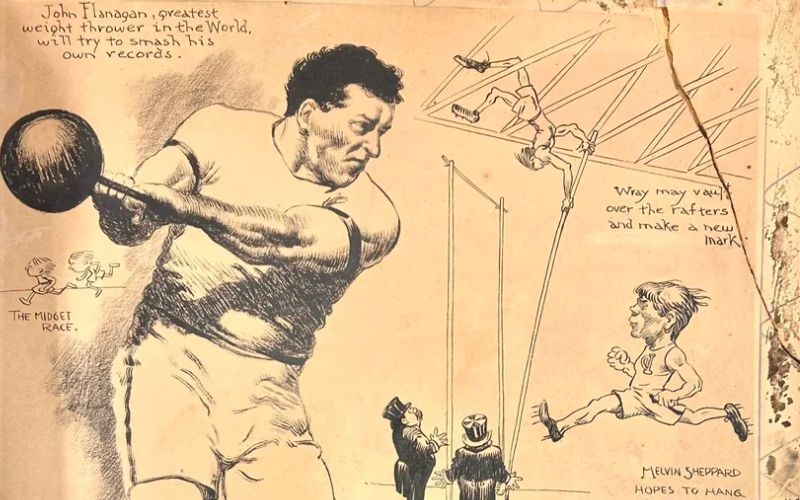| Jimmy Breslin |
It is shaping up to be another barnburner of a year, certainly in the American League East, where Irish American fans in Boston and New York will yell and scream at each other, as the powerhouse Yankees and stacked Red Sox duke it out.
It is fitting, then, at this time of year, to look back at the so-called American national pastime. To look back to an era when the greatest concerns were not who was going to get the largest slice of baseball’s billion-dollar pie.
To look back at a time when the game’s all-time home run king was a boozer and womanizer (Babe Ruth), but not an accused steroid junky and possible perjurer (Barry Bonds, who is on trial right now).
Thankfully, we have legendary Irish American newspaperman Jimmy Breslin to lend us some perspective. Breslin’s latest book is a biography of former Brooklyn Dodgers general manager Branch Rickey.
Rickey, of course, is the executive who convinced Jackie Robinson that the time was right to racially integrate Major League Baseball. The year was 1947, and the game of baseball was as white as snow.
Integration in general American life was barely up for discussion, and the game of baseball was not much more interested.
As Breslin makes clear in Branch Rickey (Lipper/Viking), the brainy general manager of the Brooklyn Dodgers thought the time was right -- but only if the right kind of player was up to this extraordinary challenge. In the end, Robinson paved the way for a cultural revolution.
Of course, back then, there was no way to tell if this experiment was going to work. Opposition was fierce, and there was no guarantee Robinson himself would be able to survive the ugly racism that was surely going to come his way.
After all, Robinson famously faced a court martial in 1945 when, as an Army lieutenant in World War II, he refused to back down when a white bus driver spewed racist words at him while telling him to get to the back of the bus.
Indeed, as Breslin also makes clear, while this is a noble story with heroic behavior, that is not all there is to the story of Branch Rickey and Jackie Robinson.
Rickey, after all, may have been a visionary. But he was also a businessman.
He knew that getting Robinson onto the diamond at Ebbets Field would change America. But he also knew it would simply make them a better baseball team.
Breslin uses his trademark razor-sharp wit to, at the same time, credit Rickey with changing the game, even if his models or motivations were not always pure.
Rickey, for example, is credited with creating the minor league farm, system, which allowed teams to draft very young players and mold them, then use them when they were ready for the big leagues -- or trade them.
As Breslin puts it, players were grown “like crops.” He adds that the minor league system “was modeled somewhat after the Southern system of slavery.”
Then again, Breslin admits that for all of his New York credentials, he himself had some reservations about taking on this project.
“The rule I followed from my first day as a copy boy in the sports department was that you couldn’t write about a gamer unless you went to see it. These people who tried reporting by watching television were killing readers with lifeless stories. It still is like this, except there are many fewer readers to murder,” he says.
Breslin proceeds to tell the fascinating story of his single encounter with Rickey, way back when Breslin was in high school.
Despite this singular meeting, Rickey is a classic Breslin subject --an underdog, no angel, and just a little bit crazy.
Breslin might have made him up in one of his novels, as a political operative on Queens Boulevard, perhaps, if Rickey wasn’t such a colorful real-life character.
The effects of the changes wrought by Branch Rickey and Jackie Robinson would be felt from Mississippi to Northern Ireland in the decades that followed. We should never take that for granted, even if we look around and shake our heads at the current state of the baseball game.
Not that it was so much better back then. Rickey and the Dodgers parted ways before the Dodgers won their only World Series in 1955, and the Dodgers left Brooklyn a few years later.
Ah, the good old days.
(Contact “Sidewalks” at [email protected] or facebook.com/tomdeignan)




Comments